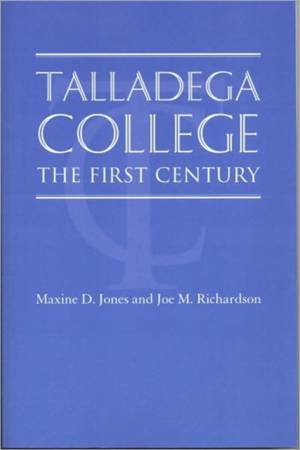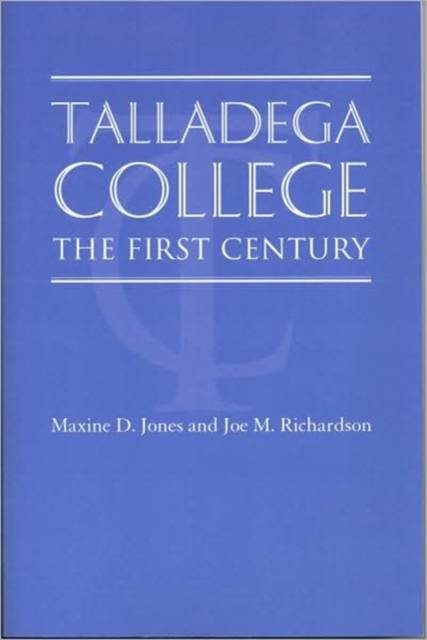
Bedankt voor het vertrouwen het afgelopen jaar! Om jou te bedanken bieden we GRATIS verzending (in België) aan op alles gedurende de hele maand januari.
- Afhalen na 1 uur in een winkel met voorraad
- Gratis thuislevering in België vanaf € 30
- Ruim aanbod met 7 miljoen producten
Bedankt voor het vertrouwen het afgelopen jaar! Om jou te bedanken bieden we GRATIS verzending (in België) aan op alles gedurende de hele maand januari.
- Afhalen na 1 uur in een winkel met voorraad
- Gratis thuislevering in België vanaf € 30
- Ruim aanbod met 7 miljoen producten
Zoeken
€ 41,95
+ 83 punten
Omschrijving
An early history of Talladega College In 1954 when the U.S. Supreme Court declared separate education inherently unequal, Talladega College was a notable black liberal arts school thriving in rural east Alabama. This is a study of that college, its growth, development, and significance, from its inception by freed slaves in the 1860s through the student protest movement more than a century later. Initially Talladega offered primary, secondary, nursing, and theological as well as college-level work. Under strong leadership of visionaries such as James T. Cater, the school's first black dean, Talladega became a first-rate liberal arts institution. During its first decades the school struggled against poverty, white hostility, Ku Klux Klan threats, and internal dissension to produce a number of teachers and ministers for Alabama schools and churches. This book examines such college issues as finance, enrollment, students, educational policy, and the often stormy relationship with black and white neighbors. It provides a sense of both the obstacles to and the positive consequences of building and nurturing a black college.
Specificaties
Betrokkenen
- Auteur(s):
- Uitgeverij:
Inhoud
- Aantal bladzijden:
- 360
- Taal:
- Engels
Eigenschappen
- Productcode (EAN):
- 9780817350666
- Verschijningsdatum:
- 1/01/2003
- Uitvoering:
- Paperback
- Formaat:
- Trade paperback (VS)
- Afmetingen:
- 149 mm x 236 mm
- Gewicht:
- 535 g

Alleen bij Standaard Boekhandel
+ 83 punten op je klantenkaart van Standaard Boekhandel
Beoordelingen
We publiceren alleen reviews die voldoen aan de voorwaarden voor reviews. Bekijk onze voorwaarden voor reviews.









